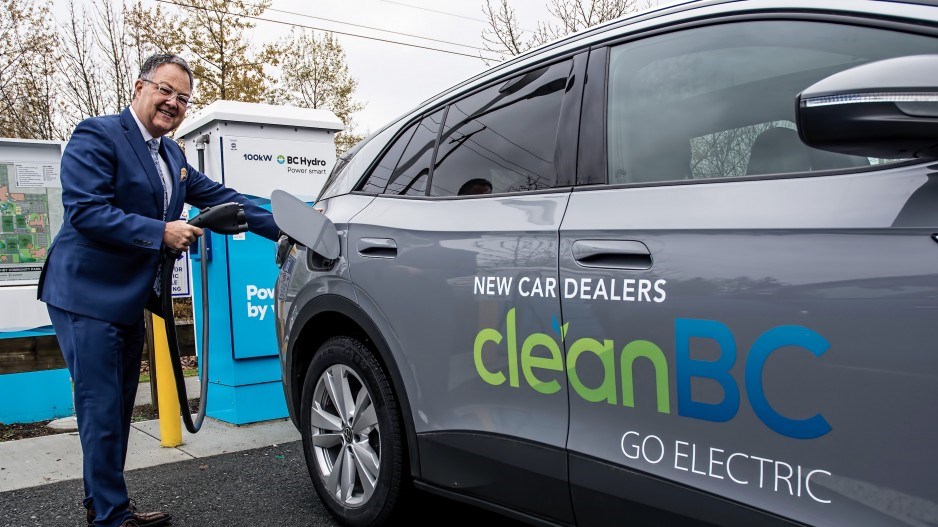Four years after a global pandemic and lockdowns drove the automotive industry into a brick wall, with major supply chain kinks and withered car lot inventories, things are back to normal, in terms of inventory, according to AutoTrader.
New vehicle inventories in Canada on AutoTrader’s marketplace hit a record high of 168,000 vehicles in February – a 78 per cent year-over- year increase.
Used vehicle inventory is also up, with 202,521 used vehicles on the market in February.
“Dealership lots are currently packed with used vehicle inventory, as the influx of new vehicle availability is contributing to higher volumes of pre-owned vehicles,” AutoTrader says in its latest marketplace report.
“With significant signs of inventory recovery – in some cases, the highest levels recorded since the pandemic – and record price drops, the data suggests now is the closest to a buyer’s market we’ve seen in years.”
In the early days of the pandemic, there were supply chain interruptions and auto makers cut back on production, thinking vehicle sales would plummet. But demand for new cars actually remained strong. As new car inventories shrank, prices rose, and car dealers scrambled to fill demand with used cars.
Now there’s a bit of a glut of used cars for sale, so prices are coming down.
“In January 2024, AutoTrader’s pricing data revealed record-breaking decreases across used inventory pricing, with 35 per cent of used vehicles seeing a drop in pricing – the first in marketplace history,” AutoTrader says.
According to the most recent data from Statistics Canada, there were 128,193 cars and trucks sold in Canada in December 2023, which was higher than the pre-pandemic number of 116,466 in December 2019.
As of February, the average price for a new vehicle in Canada was $66,979 and a used vehicle $38,451.
In B.C., the average used car price in B.C. was $43,946 in June 2023, said Baris Akyurek, vice-president of insights and intelligence for AutoTrader.
In February, the average price for used vehicles in B.C. came down to $41,811, he said. He added the higher average price for used vehicles in B.C., compared with the rest of Canada, may be attributed to the fact that, in B.C., there tend to be more EV sales, and EVs tend to be more costly than conventional vehicles.
One recent trend in new vehicle inventories is the increase in electric vehicles. Whereas there were only 2,409 EVs listed on the AutoTrader site Canada-wide in 2023, there were 13,573 listed last week. In B.C., there were only 481 new EVs listed last year. Today, there are 4,114.
Akyurek attributes this increase to the fact there are simply more EV models available.
“In 2023, there were around 60 EV models that were being manufactured, and the expectation is by the end of 2024 there will be 145 different make and models,” he said.
However, AutoTrader surveys suggest that some Canadians may no longer be as keen to buy an EV as they were a couple of years ago.
In March 2022, an AutoTrader survey on buyer intentions found 68 per cent of respondents said they would consider an EV for their next car. In March 2023, that fell to 58 per cent.
Akyurek notes that in March 2022, gasoline prices had skyrocketed, as a result of Russia’s invasion of Ukraine and subsequent spiking oil prices. Whenever gas prices spike, interest in EVs go up.
“There is a direct correlation to between what happens to gas prices and EV interests,” Akyurek said.
“EVs are still selling, but are they selling as fast as the supply? No.”

